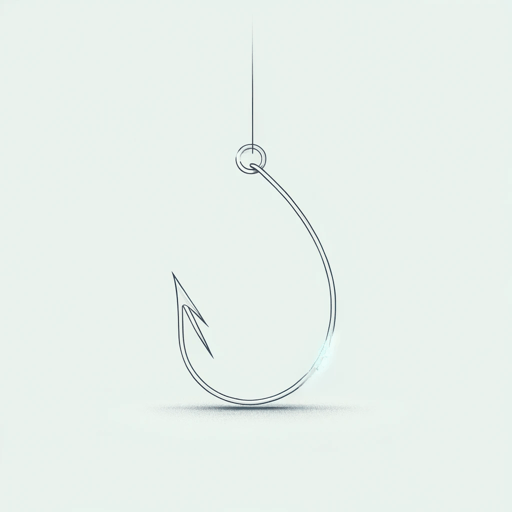20 pages • 40 minutes read
William ShakespeareSonnet 129
Fiction | Poem | Adult | Published in 1609A modern alternative to SparkNotes and CliffsNotes, SuperSummary offers high-quality Study Guides with detailed chapter summaries and analysis of major themes, characters, and more.
Poem Analysis
Analysis: “Sonnet 129”
“Sonnet 129” is a poem exclusively about lust. In this poem, the speaker takes a severe approach to the topic, deriding lust as bad in thought, action, and reflection. The poem does not focus upon a particular person or relationship, instead functioning more as a general admonishment or piece of advice for readers. Despite the poem’s rigid stance on lust, the conclusion of the poem asserts that lust cannot be overcome despite the fact that all people know how dangerous it is.
The speaker makes his position clear right away with harsh diction to describe lust. In the first line alone, he calls it an “expense,” “a waste,” and “shame.” The initial description of an “expense of spirit” (Line 1) is a double entendre, referring to both lust’s effects on the soul and the physical expense of semen upon the consummation of lust. This positions the poem from a male perspective, and the rest of the sonnet can be read as an admonishment of male lust for women. The speaker is arguing that such pursuits are unbecoming of men and do nothing but lead them to bad things.
Related Titles
By William Shakespeare

All's Well That Ends Well
William Shakespeare

A Midsummer Night's Dream
William Shakespeare

Antony and Cleopatra
William Shakespeare

As You Like It
William Shakespeare

Coriolanus
William Shakespeare

Cymbeline
William Shakespeare

Hamlet
William Shakespeare

Henry IV, Part 1
William Shakespeare

Henry IV, Part 2
William Shakespeare

Henry V
William Shakespeare

Henry VIII
William Shakespeare

Henry VI, Part 1
William Shakespeare

Henry VI, Part 3
William Shakespeare

Julius Caesar
William Shakespeare

King John
William Shakespeare

King Lear
William Shakespeare

Love's Labour's Lost
William Shakespeare

Macbeth
William Shakespeare

Measure For Measure
William Shakespeare

Much Ado About Nothing
William Shakespeare

